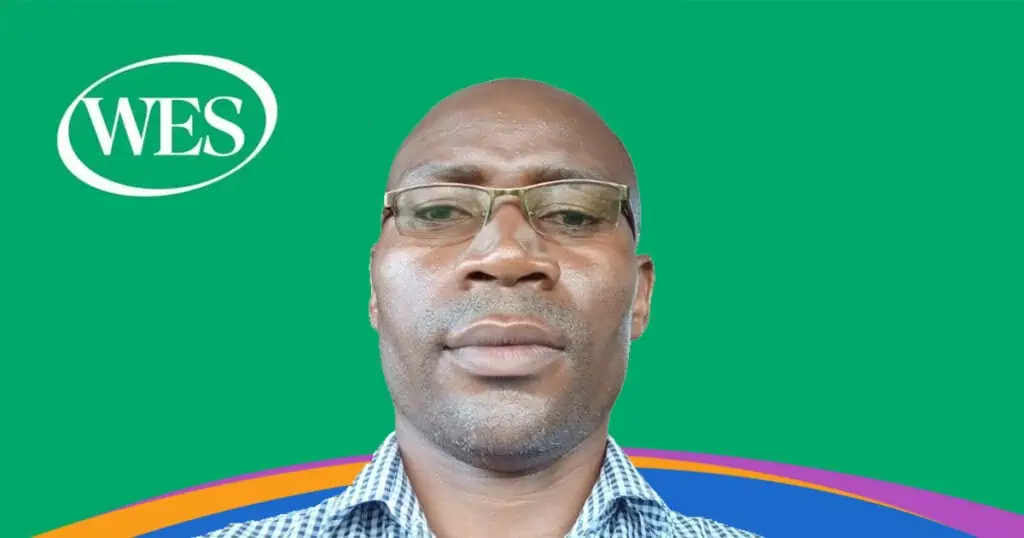7 Ways to Make the WES Credential Evaluation Process Work for You
Are you a professional considering migrating to the United States? Before you emigrate, several issues will need your thoughtful attention. Did you know that credential evaluation is one of them? Thankfully, the credential evaluation process can be relatively pain-free, depending on how you approach it.
These seven tips offer some insights into how you can best proceed:
1. Consider the benefits of a credential evaluation.
If you have professional degrees, licenses, and certifications, and you are seeking employment or higher educational opportunities, then a credential evaluation is indispensable. Employers and schools often require formal proof of equivalency. In fact, many employers and higher education institutions consider an evaluation to be a formal part of the hiring or admissions process. If so, they might request that applicants use a specific, reputable entity like World Education Services (WES). It’s important to learn if your institution or company has a preferred provider.
2. Complete as many steps as you can while you are still in your home country.
Credential evaluations are just that—an evaluation of your credentials. To begin, you will need to provide academic documentation: qualifications earned, identification numbers, years of attendance, degree or diploma type, and names used at the institutions you attended. You will also need to pay for document requests. If you know that once you arrive in the U.S. you will not have anyone in your home country who can request such documents on your behalf, it would be better for you to complete as many steps as you can yourself before you emigrate. Failure to do so may open the credential evaluation process to problems and delays.
3. Avoid costly delays if possible.
Not all credential evaluations are time sensitive. However, time may be of the essence if you are offered a job or admission to an educational institution, and either offer is contingent upon the receipt of an evaluation by a certain date. The evaluation cannot proceed, however, without all the requested documentation. The documentation cannot be provided without your taking the initial steps (completing application forms correctly, sending proper authorizations to request documents, paying fees, and so on). Even one “minor” delay can have a ripple effect, potentially leading to a loss of opportunity.
4. Consider why you are evaluating your credentials, whether for a job, school, licensing, or multiple reasons.
You must decide why you need a credential evaluation. For example, you may need one as part of a school application, or perhaps a job offer is contingent upon your providing the employer with a credential evaluation. For migrating professionals who are not planning to go back to school immediately or who will need additional U.S. licenses to work in their chosen field, an evaluation can also be very useful, opening the door to job opportunities.
Be sure to let prospective employers know you have a credential evaluation; it is particularly important to include this information on your résumé.
Many skilled immigrants find it difficult to transition directly into the same position they held in their home countries, once they arrive in the U.S. They might be unfamiliar with the job market. Or they might not have time for an extensive job search, because their economic situation forces them to accept the first job they can find. The first position that a newcomer accepts is known as an “interim” or “bridge” job. (Another common phrase is “survival job.”)
However, a credential evaluation can help immigrant professionals get a fulfilling job right away. Your credential report can help you get a relevant job in your field, even if you have to wait a while to obtain the professional licensing necessary to pursue your former title.
5. If possible, complete all requisite transcript forms at one time.
As simple as it sounds, this is an important step. You may need to complete a form that authorizes the release of your academic records to the credential evaluation service. However, you will also need to complete forms that your institution requires. It is better to complete both types of forms at once so that all your documentation is kept together.
6. Follow up, follow up.
WES will most likely send you an email to confirm receipt of your application form and to update you as your documents come in. However, you should personally monitor your WES application’s progress via My Account, as well as the academic records you requested from your institution. Admission and transcript offices deal with hundreds of requests. Make sure your request is getting attention by duly confirming when your documents are received, and by monitoring the progress until your documents are sent to WES. If your courier or postal service offers tracking, be sure to use it so you can have proof of delivery.
7. Leverage your WES evaluation to secure an interim job.
While you are waiting to become licensed in your previous profession, you may need a job to support yourself. Leverage your WES evaluation. Use it to obtain employment in a related field. For example: paralegals or legal secretaries for lawyers, medical assistants or nurses for doctors, engineering aides for engineers.
Your WES evaluation will indicate the value you bring to the position. Your previous professional experience translates into less supervision or costly training, for example. You may be unfamiliar with nuances of the profession in the United States, but you will have an overall grasp.
Related Reading
How to Use Your Credential Evaluation for Employment, Education, and Professional Licensure





